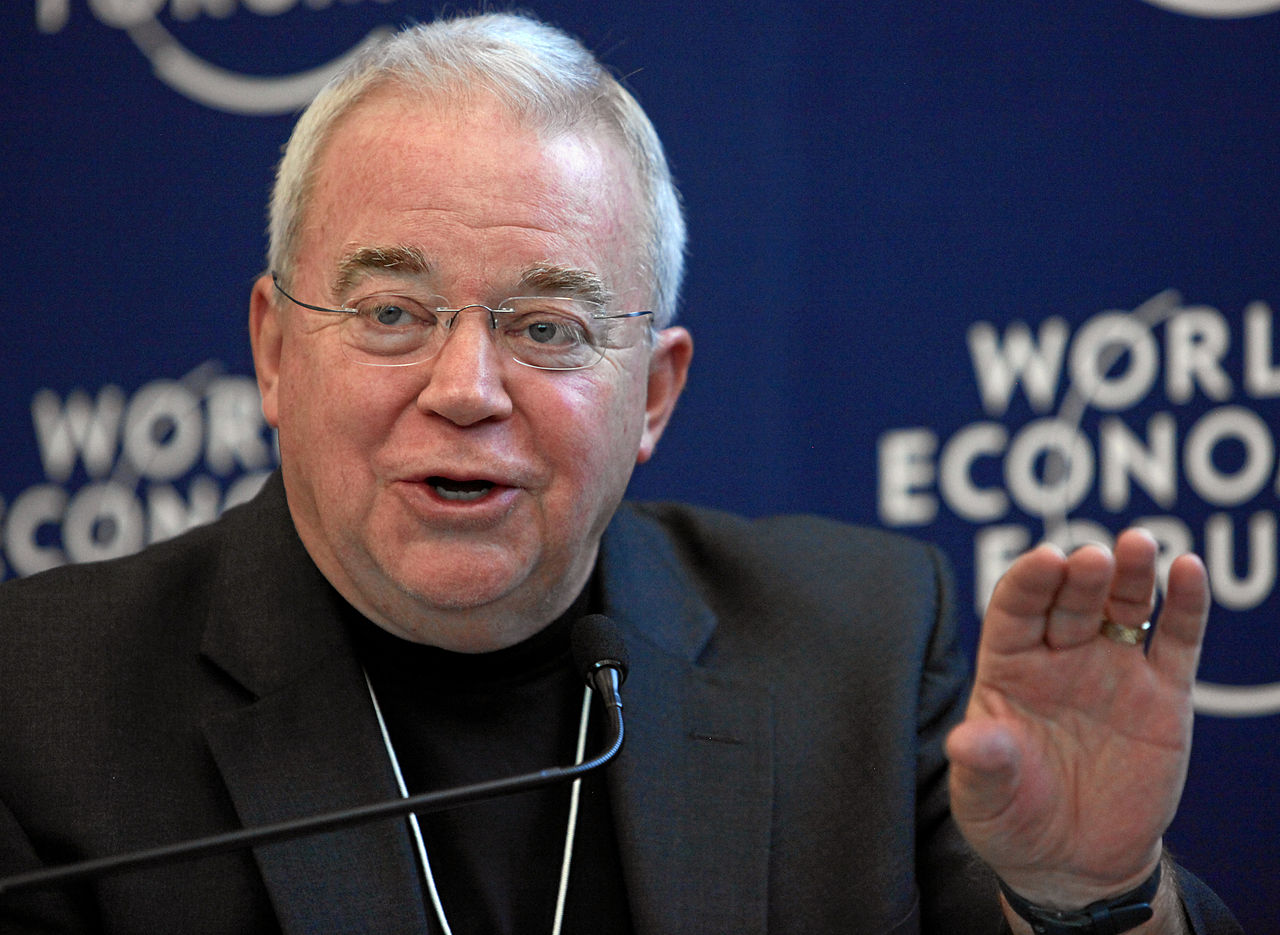Unfortunately my schedule just changed effective immediately so I'll have to put this off for another few days to a week
Don't worry, we can wait.
Unfortunately my schedule just changed effective immediately so I'll have to put this off for another few days to a week



Told you nobody would guess. I was adamant I wanted the Populists to grow into a pacifist and environmentalist party for a variety of reasons and he seemed like the best candidate.PRESIDENT FRED ROGERS!!!!
*High pitched squeeing noises*
Oh it has the potential to be America's loss believe you me, and you thought our 2016 election was brutalPro Football’s loss is the NBI’s gain, it seems.

I'll go into that one in the next update!Considering technology has been developing faster compared to OTL, what is technology like currently?
While there's a case being made for making Alaska (largely Independence aligned) and Puerto Rico (largely Populist aligned) states at the same time it hasn't quite worked itself out yet. Meanwhile the case for representation for DC and the territories is more mixed, since DC and the INSS territories (taken as a bloc) lean Independence, the Virgin Islands are fine as they are, and the Micronesia Territory is the only one with a strong Populist lean, so the math doesn't quite add up for the Populists to be content with it.You mention the question of statehood for Alaska and representation for INSS territories ad colonial possessions. OTL DC statehood is what is discussed, ITTL is statehood being discussed for the territories and colonial holdings, or some other form of federal representation?
With Sequoyah a full state much better, since it has established a well-funded system of aid and outreach to the nation's various reservations. It also helps that it's tradition by this point for the tribes to come together and nominate a handful of candidates for director of the Bureau of Indian Affairs that the Secretary of the Interior picks from.Also, how is the situation for Native Americans and reservations compared to OTL?
Since the elimination of the money system it's flowering, since people suddenly have time on their hands to explore their passions and create and share content with each other through the Vivreto system. Independent creators and creative cooperatives are sprouting up like flowers after a spring rain.What is life and culture like in the Comintern?
It's still primarily the lingua franca, given that it's the language of Comintern-wide administration and cultural exchange, but there's still a vast ecosystem of culture created in the traditional national languages, and even a growing amount made with regional languages in mind.How is the interplay between Esperanto and regional languages going? Is there a growing trend towards using Esperanto instead of regional languages for everything, or does it remain the language of interlingual group communication and the regional languages remain strong?
They're a religion mainly by analogy, but they do tend to hold large public spectacles to celebrate accomplished scientists and cultural figures and have a slate of "holidays" revolving around the birthdays of scientists and socialist theorists, though that doesn't become a thing until after you die to prevent cults of personality from forming around living politicians and such.Also, how exactly does the God Builders look as a religion of the proletariat? Do they have services or rituals and ceremonies of some kind? Some form of devotional aspect? Holidays?
Yes, schools in the metropole teach their national language but require fluency in the other one by the time you finish secondary school.Finally, does the existence of the decades old FBU mean the average Brit actually knows a second language? lol
They've been mainstream since the thirties given the bodily autonomy precedents from the Supreme Court but as a consequence there was only a truly distinct culture from around the sixties on.Almost forgot to ask. You might have mentioned it elsewhere and I just missed it, but how are LGBTQ rights ITTL?
No worries, questions help me flesh things out!Sorry for all the questions. I just had these on my mind and was curious.
Glad to hear it! Scudder and Armstrong are ones to watch out for but as a whole the parties are largely sound.And congratulations for creating a timeline where the US has two main parties that I wouldn't mind, broadly speaking, which one was in charge.
Wile there were plenty of events in the decade that would prove significant and by that point the anti-Comintern alliance between the Pact and the Alliance had definitively broken, the greatest argument was centered on the birth of three people in that year who would go on to play major roles in the cycle of escalation that would culminate in the Third Clash of Civilizations some years later. The first would be
Victoria
of the House of Angevin, firstborn of Prince Imperial Victor and under the current laws of Franco-British imperial succession third in line for the throne.
Having secured the assent of Napoleona I, youngest child of King-Emperor Victor and sole remaining link in the House of Angevin, Mosley had been declared regent until her age of majority, further announcing the dissolution of the Union with the backing of the Front and the creation of a new Empire to replace it hearkening back to everything from the Merovingians to William the Conqueror to the Luso-English Alliance.
It was a red herring, since her death creates a scenario where a child empress is under the sway of the Renewal Front. I did say she'd explode onto the scene 😂Just realized this. You said Victoria would be important in the cycle of escalation that would lead to the Third Clash. Yet later we learn that Napoleona is the only surviving member of House of Angevin after the 2000 New Year's bombing. Is she important for some reason we haven't been told yet, or was that a mistake of some kind. Or (plot twist!) did she somehow survive?